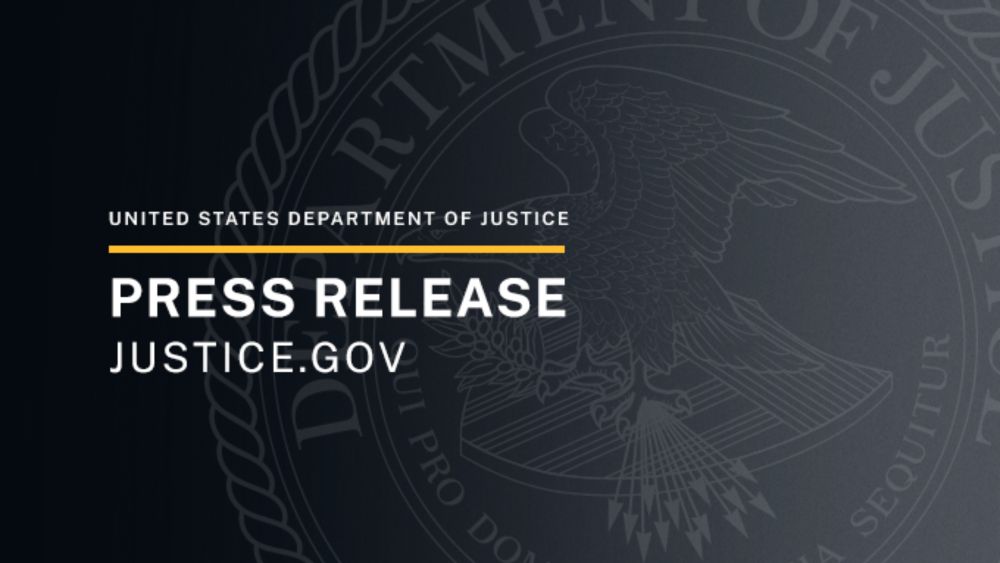
Co-founder of Project Implicit, Society for Improving Psychological Science, and the Center for Open Science; Professor at the University of Virginia
Brian Arthur Nosek is an American social-cognitive psychologist, professor of psychology at the University of Virginia, and the co-founder and director of the Center for Open Science. He also co-founded the Society for the Improvement of Psychological Science and Project Implicit. He has been on the faculty of the University of Virginia since 2002. .. more
Reposted by Brian A. Nosek
Read more: osf.io/preprints/me...
Reposted by Brian A. Nosek
Reposted by Brian A. Nosek
Reposted by Brian A. Nosek, Zen Faulkes
Hiring processes have plenty of biases and weaknesses, but failing to hire that guy who had a good record isn't one.
When one's record looks like the player who shoots indiscriminately, plays no defense, and screams foul every time their stripped, well...

Reposted by Paul Glasziou, Kris Inwood

We have 55 replication studies underway, our target is 65-70.
We are only recruiting for secondary data replications--i.e., using existing data to test the original question.
Here's a list of studies we think could be feasible.
If interested...

www.youtube.com/watch?v=SskQ...
Reposted by Brian A. Nosek, Brendan Nyhan, Jörg Peters , and 1 more Brian A. Nosek, Brendan Nyhan, Jörg Peters, Melanie C. Green

We report an adversarial collaboration (with @donandrewmoore.bsky.social) testing whether overconfidence is genuinely a trait
The paper was led by Jabin Binnendyk & Sophia Li (who is fantastic and on the job market!) Free copy here: journals.sagepub.com/eprint/7JIYS...
Those most bullish on use of AI in authoring seem to define productivity in terms of generating papers, not ideas.
Those most bearish seems to define productivity in terms of ideas, not papers.
Those in between seem most focused on whether AI can help improve communication of ideas.
Reposted by Brian A. Nosek, Ian Hussey

www.justice.gov/usao-ma/pr/d...
Reposted by Brian A. Nosek, Anders Nilsson
Reposted by Philip N. Cohen

Reposted by Brian A. Nosek

Here's what happened:
scientiapsychiatrica.com/index.php/Sc...
I am not sure, however, that I would call that weaponizing against mixed/qual as it is a novel (& untested) format, not a gatekeeping format for submitting to the journal.
My completely idiosyncratic experience is that non-experimental and non-quantitative methods have, if anything, improved in stature in that time.
Not doubting that cases exist, just wanting to understand some cases to learn.




